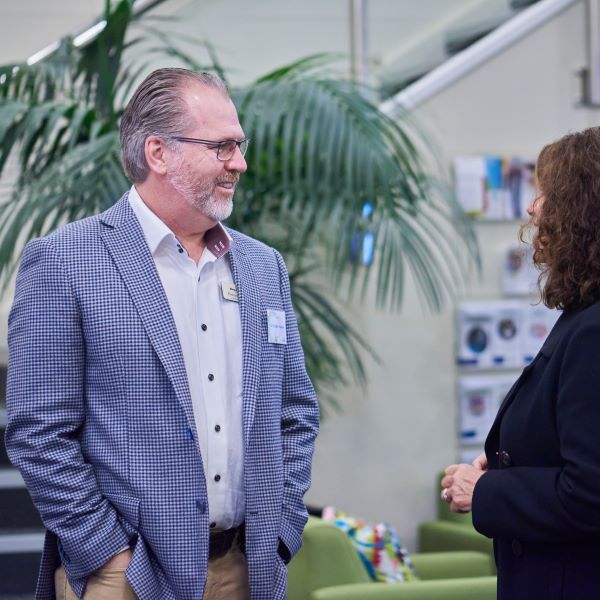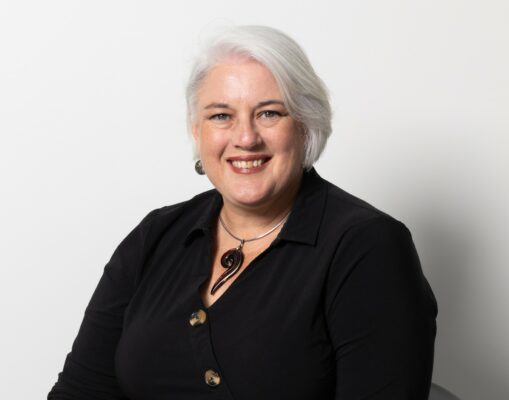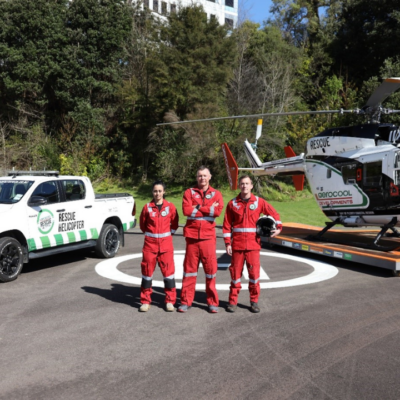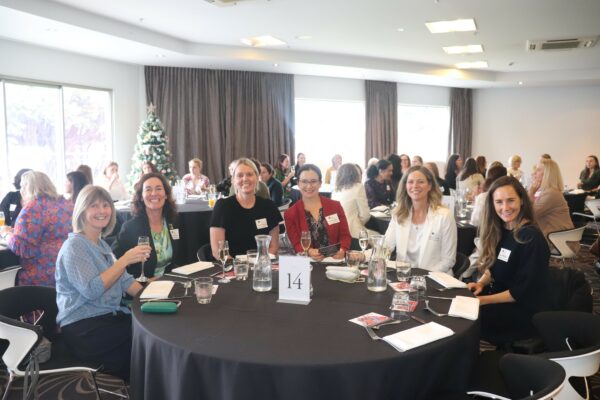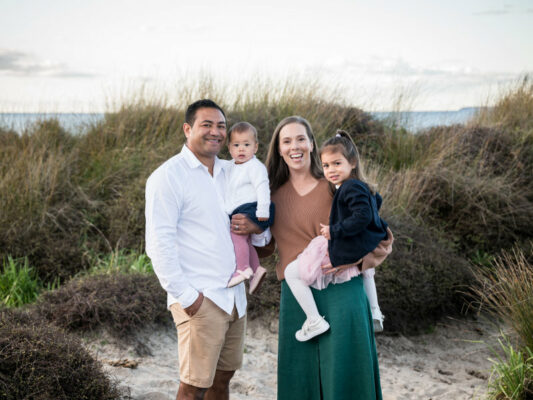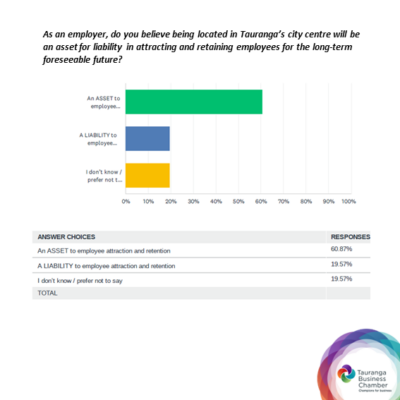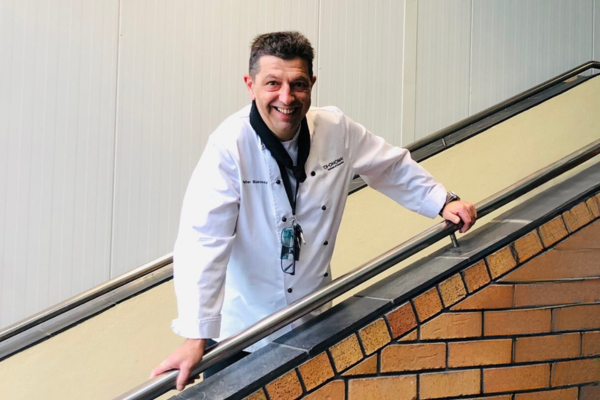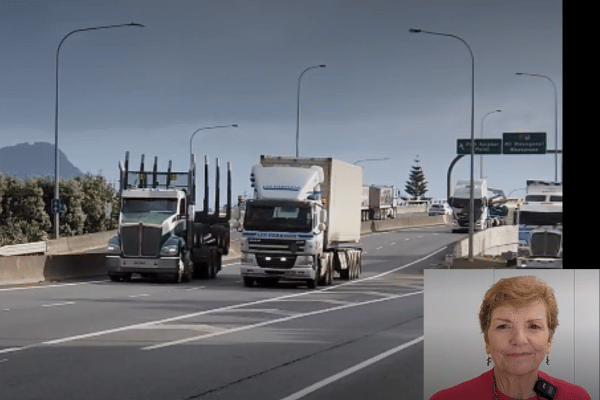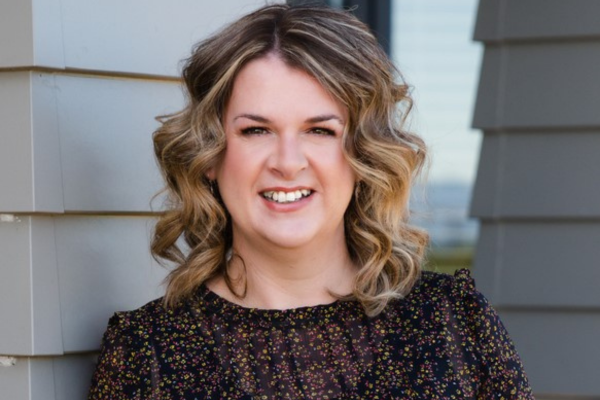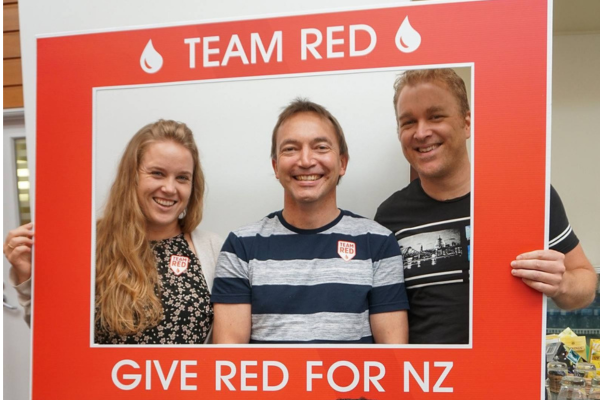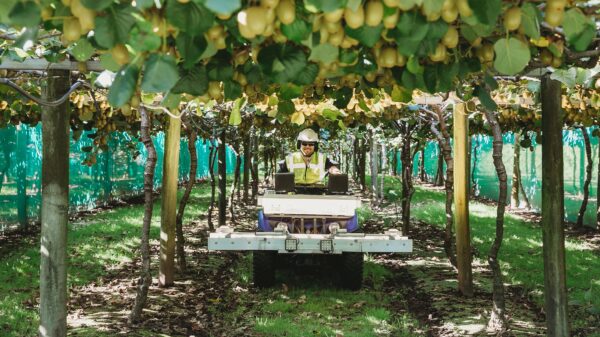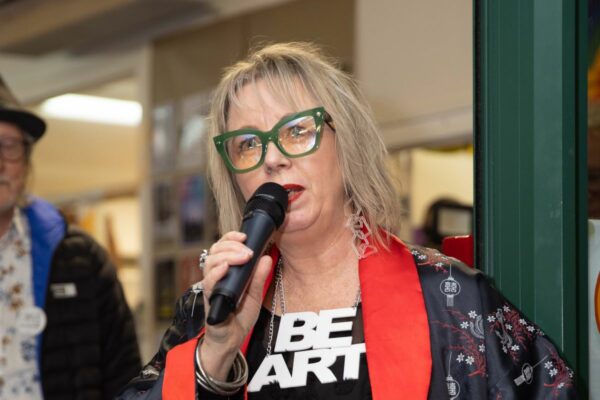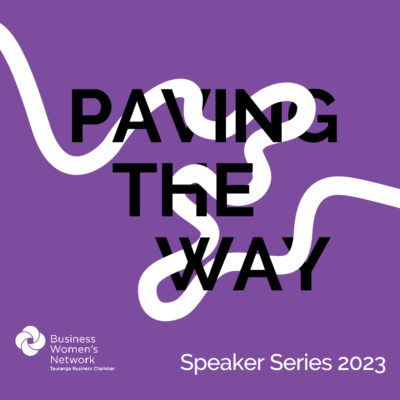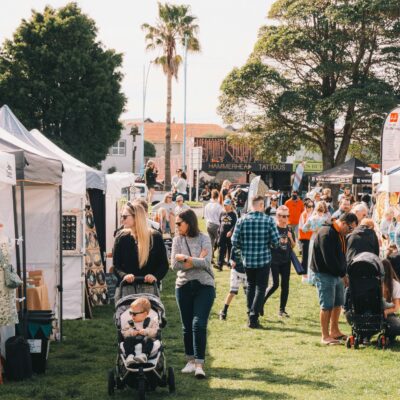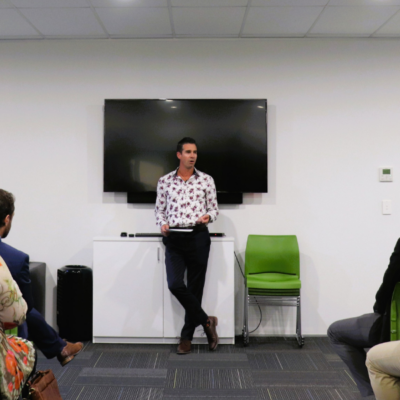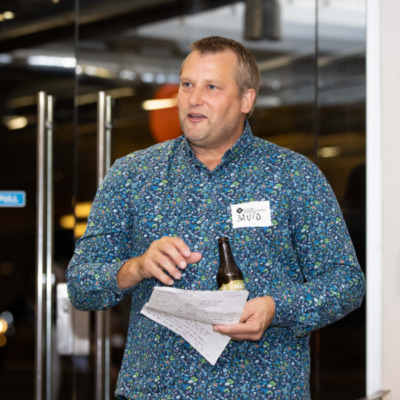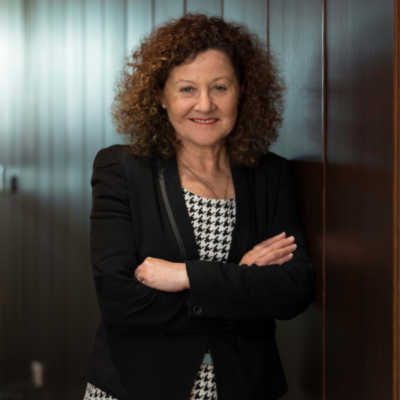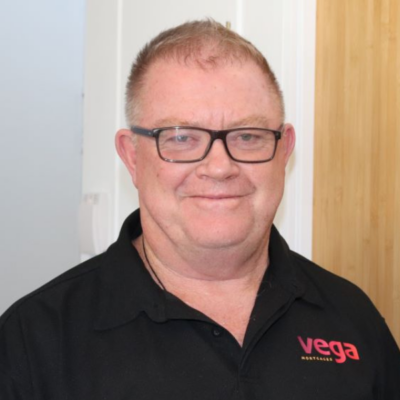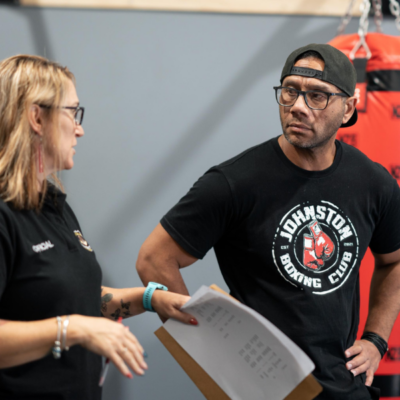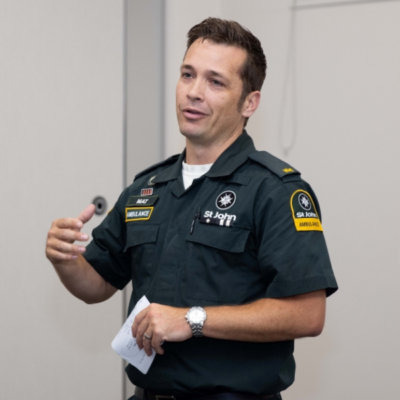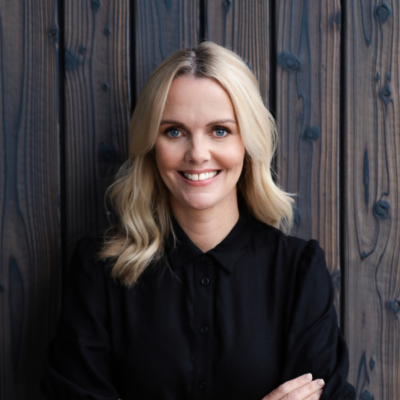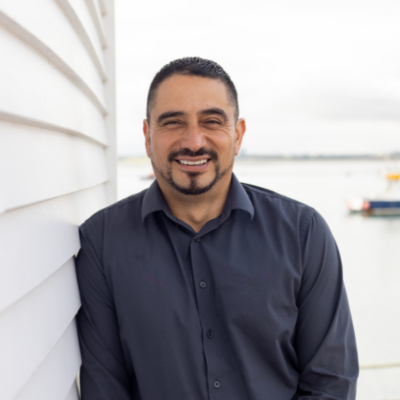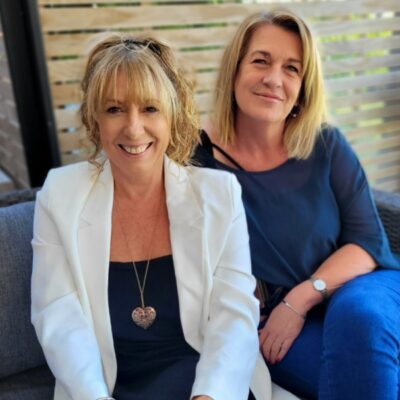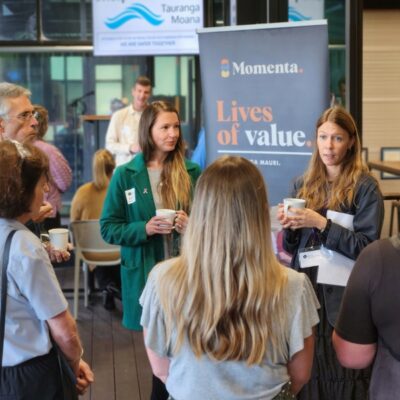Tauranga Business Chamber spoke with Richard Thurlow, Waipuna Hospice CEO, about the organisation’s philosophy, the challenging healthcare and business environment it operates in, and how the business community is crucial for the organisation’s success.
The philosophy of Waipuna Hospice
Waipuna Hospice provides specialist palliative care for patients living with a life-limiting illness, together with support services for them and their families. “We’re a provider of a healthcare service that most people will end up using,” says Richard Thurlow, Waipuna Hospice CEO. “That’s the reason for our existence, our sole purpose; high-quality healthcare is our vision, and specifically high-quality end-of-life care.”
Rather than ‘hospice’ being a building, it’s a philosophy of care, says Richard. “Around 80% of care takes place in people’s homes, because we provide the care where the patient wants it to take place. We meet people on their ground.”
This is the message that Richard and his team are driving across the Bay of Plenty and wider New Zealand—and one way they do this is through the business community.
Working with businesses, Waipuna Hospice encourages owners and staff to start to think about their own end-of-life plan. This is done through presentations and providing resources, such as those supplied by Advanced Care Planning from the Ministry of Health.
“We start to talk about the end of life when we’re 80 years plus, but we see all ages. It’s a good idea to have some things prepared, from legal items such as wills, to what kind of music you would like at your funeral. Our talks with businesses and organisation are an opportunity for us to provide support for people, and to also help increase awareness of our work throughout the community.”
The complex nature of funding for healthcare
Waipuna Hospice services the whole of the Western Bay of Plenty, so the fundraising target is challenging when considered on a per-capita basis, says Richard.
“You could potentially say that our stakeholders are everyone in the Western Bay of Plenty. We don’t have a defined stakeholder audience, and while that gives some strength that most people want to know about us, it also makes it harder to target fundraising to a specific area.”
Healthcare operating costs for Waipuna Hospice are around $12.1 million per year, with $5.9 million funding from Te Whātu Ora. Including its retail stores, the organisation costs $15.2 million a year to run, so there’s a significant shortfall that relies on fundraising.
An added complication is that healthcare is a developing discipline, with new treatments coming to market every year, and the complexity of patients’ needs increasing. This means that care gets very expensive.
The care model is based on patient needs—and that’s not just doctors and nurses explains Richard. There is occupational therapy, physiotherapists, counsellors, equipment delivery, chaplain and spiritual care, and so on. There are also our social workers who assist patients and their families with social and financial support from other organisations. This can be particularly important if the patient is the breadwinner, or if they’re young and haven’t had the chance to build any sort of financial resilience.
“The misconception is that people think we’re well funded and just need to put an appeal out and get all the money we need. We work just as hard as any other charity and it’s a very competitive environment.”
The business side of Waipuna Hospice
Richard says the reality is that Waipuna Hospice operates within the non-profit healthcare services and business environments. Fundraising is a means to an end—and the retail shops and fundraising rely on connectivity within the community, says Richard.
“We feel very humbled by the way our community supports us. People still leave quite monumental bequests—it shows the impact our staff and team have on those families over those last years.”
While fundraising events were hampered during the COVID-19 years, there’s now a renewed effort to further connect with the community. Yet there’s also the current cost of living challenges, says Richard, so there’s a need to be considerate from that point of view too.
“Events play an important role in our fundraising, it’s essential for us to be aware of what’s going on around us when making plans. It’s about making sure ‘we’re in the room’ and understand the pressures our community is facing, while also creating engaging events that help us deliver our care.”
Business support is essential to the success of Waipuna Hospice. Corporate sponsors make a huge contribution to the organisation, and include Carrus, Craigs Investment Partners, and Legacy Trust.
All businesses have the opportunity to offer support. There are events such as Shorts for Hospice, and the Christmas Remembrance Tree campaign, they can become corporate partners, and participate in volunteer days where businesses ‘donate’ a day of work to give support in a practical way, such as working in the Waipuna Hospice gardens.
What does being part of the Tauranga Business Chamber mean to Waipuna Hospice?
There are two key advantages to being a member of the Tauranga Business Chamber, says Richard. First are the networking opportunities with the local community, both businesses and individuals.
“There’s a lot of wisdom if there are a lot of different hats in the room. There’s always someone out there who’s possibly going through the same thing, or has been through it, so networking allows you to do the cathartic thing—sharing and finding out.”
The second advantage is that it’s good to have an advocate for those business issues that are going on politically, locally, and nationally, says Richard.
“The information the Chamber provides is great as we then know what we need to be aware of, and perhaps things that we need to be working on.”
Being part of the Chamber means contributing to something that is more than the sum of its parts. “The networking events I’ve been to in the past have been really eye-opening to the exciting things that can happen in the Bay. We have quite an entrepreneurial workforce and business community.”
